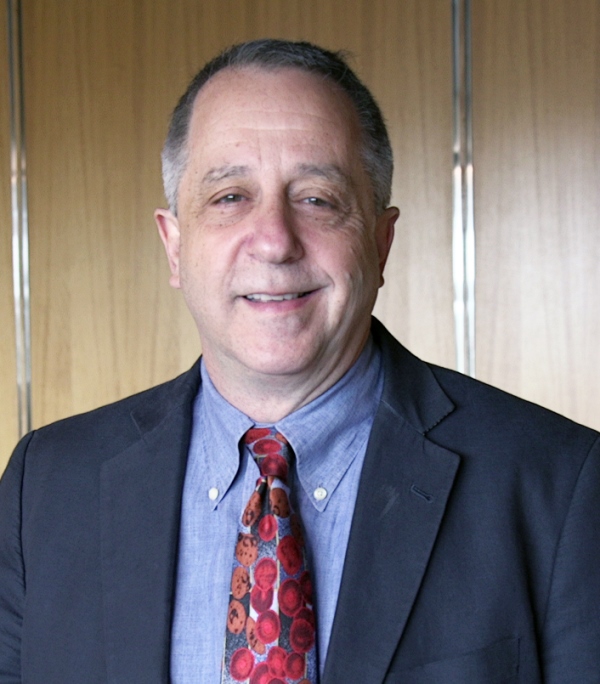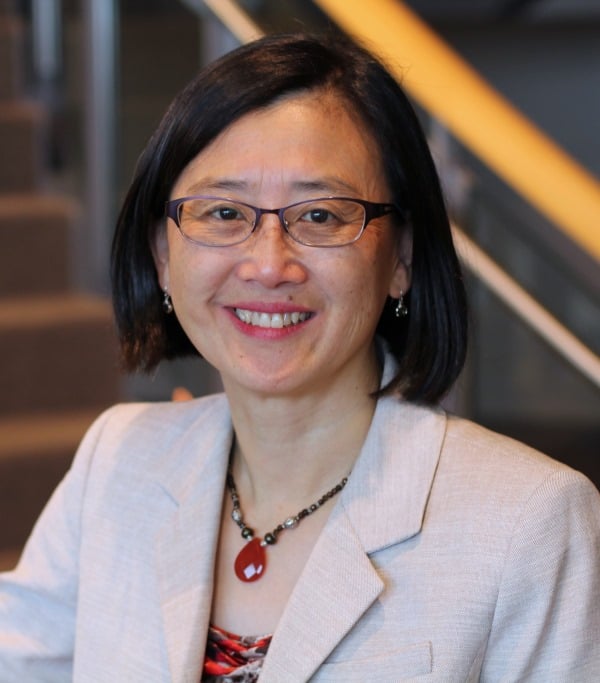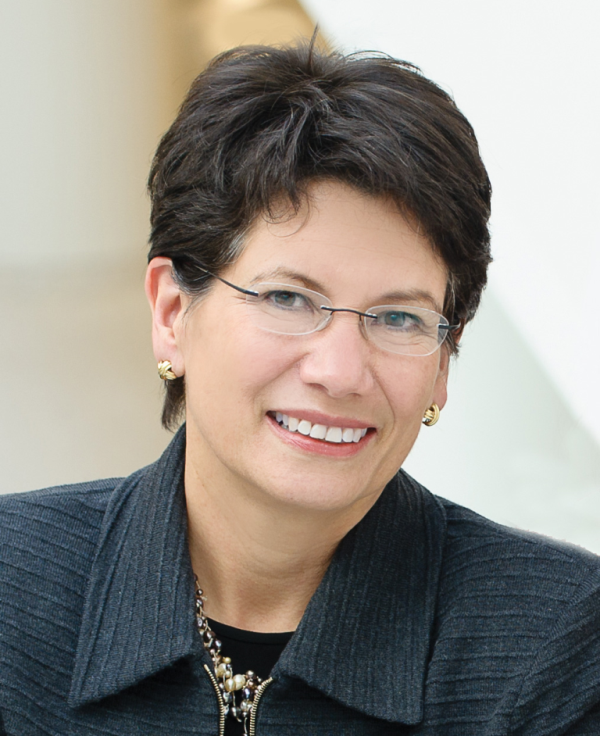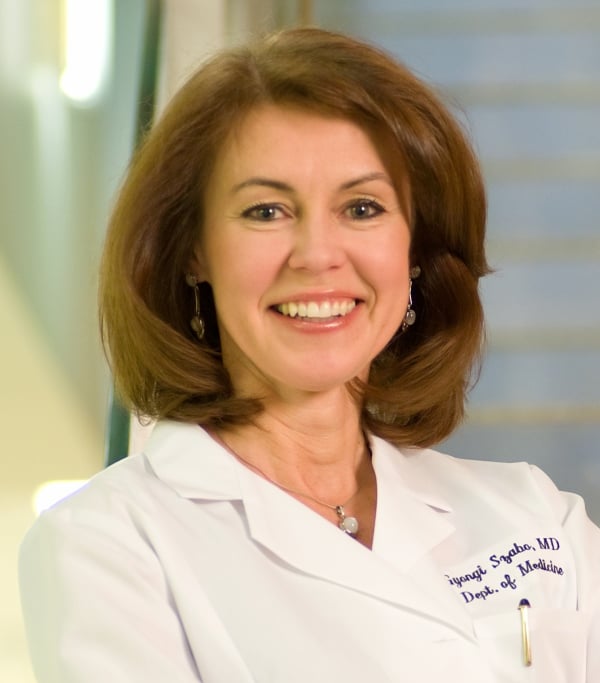Five new endowed funds established at UMass Chan Medical School
Generous benefactors support faculty research and community service programs
Endowed funds are widely considered to be essential for any institution of higher education as they serve to sustain valuable programs and initiatives that make a notable and lasting impact. They provide exceptional faculty and programs with the financial flexibility to pursue novel research ideas that might otherwise take years to get funding through traditional avenues. Extraordinary investments like these demonstrate the value generous benefactors place on the work being conducted.
In FY2015, substantial gifts from local and international benefactors established a fund for community service programs and created four new endowed chairs, bringing the number of endowed positions at the University of Massachusetts Medical School to 41.
Pillar Chair in Biomedical Research
Established in the spring of 2015 by the Pillar Group, a global investment firm committed to partnering with world-class researchers and clinicians to support pioneering biomedical research in the fields of innate immunity and gene therapy. According to Chancellor Michael F. Collins, the Pillar Group’s approach to partnering is deliberate, rigorous and strategic, and is underpinned by one standard: excellence.

Douglas T. Golenbock, MD
“With a keen intuition, discerning eye and clear vision, the Pillar Group invests in the best,” he said. “Through the creation of this endowment, it made an unequivocal statement that UMass Medical School is among the best.”
Douglas T. Golenbock, MD, professor of medicine and microbiology & physiological systems and chief of the Division of Infectious Diseases in the Department of Medicine, was named the inaugural recipient of the Pillar Chair in June 2015.
“An internationally recognized authority in the field of innate immunity, Dr. Golenbock studies microbial products in innate immune activation, and his laboratory was one of the first in the world to study Toll-like receptors,” said Chancellor Collins. “He has authored or co-authored nearly 250 peer-reviewed articles, holds one patent and has five additional pending. Since joining the Medical School faculty in 2001, Dr. Golenbock has transformed the division into one of the strongest in the nation, which includes nearly 50 clinicians and researchers.”
Remillard Community Service Fund
Established by the Remillard Family Foundation, which has been a staunch supporter of UMass Medical School and UMass Memorial Medical Center—most notably for a $10 million donation in 2005 to the UMass Memorial Emergency Care Campaign. This new gift, made in March 2015, aligns with the Medical School’s public service mission and will support a range of community initiatives, exemplifying the Remillard family’s forward-thinking philanthropic vision and steadfast commitment to the academic health sciences center and the region.
“Our faculty, employees and learners are extremely dedicated in their daily efforts to improve the health and well-being of our local communities, and that commitment often extends beyond their regular day-to-day responsibilities,” said Collins. “Whether they are providing safety education, implementing children’s wellness and protection initiatives, delivering health care services in low-income neighborhoods, exposing young students to STEM education and career opportunities, or providing services for area seniors, our people understand that we have a special responsibility to undertake efforts that serve the public good. This innovative Community Service Fund will provide critical resources to help support and advance such efforts.”
Stoddard Chair in Pediatrics
Established in the spring of 2015 by the Stoddard Charitable Trust, a philanthropic foundation created in 1939 by Worcester businessman and entrepreneur Harry Stoddard. Its interest in supporting an endowed position for the chair of pediatrics at UMass Medical School stemmed from the strong desire of its trustees to ensure the long-term health and well-being of children in Central Massachusetts.

Mary M. Lee, MD
“The Stoddard Charitable Trust’s most recent investment in our institution not only connects two prominent Worcester organizations that share a common goal of improving the well-being of our communities, but also links Worcester’s storied past with its shining future,” said Collins. “While the Trust is rooted in this city’s famed manufacturing base, through this endowed chair it is rooting for Worcester’s new innovation economy, marked by a growing cluster of higher education, life sciences and health care institutions.”
Mary M. Lee, MD, professor and chair of pediatrics, professor of cell & developmental biology and physician-in-chief of the UMass Memorial Children’s Medical Center, was named as the inaugural recipient of the Stoddard Chair in June 2015.
“Dr. Lee is among the most accomplished physician-scientists in the nation,” said Collins. “In addition to overseeing the Department of Pediatrics and maintaining a pediatric endocrine practice, Dr. Lee researches environmental health and the mechanisms contributing to juvenile diabetes and other pediatric endocrine disorders. Her tireless work and scholarly contributions include authoring or co-authoring more than 80 peer-reviewed articles and 45 editorials, reviews and book chapters, and have earned her key roles in leading professional organizations.”
UMass Memorial Health Care Chair in Biomedical Research
Established in November 2014 by UMass Memorial Health Care, the largest health care system in Central and Western Massachusetts and the clinical partner of UMass Medical School.
“The establishment of the UMass Memorial Health Care Chair in Biomedical Research recognizes and celebrates the interrelated and interconnected nature of our education, research and patient care missions,” said Collins. “UMass Memorial Health Care’s generous donation is not merely an investment in one faculty member, mission area or even one institution. Rather, it is an investment in our joint enterprise and the future of our academic health sciences center.”

Katherine F. Ruiz de Luzuriaga, MD
Katherine F. Ruiz de Luzuriaga, MD, professor of molecular medicine, pediatrics and medicine; vice provost for clinical and translational science and global health; and director of the UMass Center for Clinical and Translational Science is the inaugural recipient of the UMass Memorial Chair.
One of the nation’s leading physician investigators in academic medicine, Dr. Luzuriaga has conducted research that has provided key insights into viral and host factors that result in persistent viral (HIV, EBV, CMV) infections in children. She has been active in translational research that led to new ways to diagnose and treat pediatric HIV-1 infection and she led the first trials that demonstrated that early infant therapy markedly limits the establishment of HIV reservoirs. Luzuriaga has held several leadership positions within the U.S. National Institutes of Health-sponsored Pediatric AIDS Clinical Trials networks and currently serves on the NIH NCATS-CTSA Steering Committee. As the founding director of the UMMS Office of Global Health, Luzuriaga has taken a leadership role in several global health initiatives, including the Medical School’s Liberian Ebola relief project funded by the Paul G. Allen Family Foundation.
Worcester Foundation Chair for Biomedical Research
Made possible by prudent investment of the Worcester Foundation for Biomedical Research (WFBR) endowment, which has been used to support research by UMMS faculty since the WFBR merged with UMMS in 1997. The second endowed chair supported by the WFBR, it was established in November 2014.
“The Worcester Foundation for Biomedical Research Chair celebrates the scientific legacy of its founders, Hudson Hoagland and Gregory Pincus, as well as the legacy of hundreds of influential and forward-thinking leaders in this region, who endowed and supported the WFBR and who encouraged imagination, vision and above all, that fire of discovery,” said Collins. “We are deeply grateful for the WFBR and its legacy of supporting impactful research.”

Gyongi Szabo, MD, PhD
Gyongyi Szabo, MD, PhD, professor of medicine, vice chair for research in the Department of Medicine, associate dean for clinical and translational science and director of the MD/PhD Program is the recipient. An internationally recognized leader in the field of liver disease, Dr. Szabo conducts research that focuses on mechanisms for regulation of immunity and inflammation in liver diseases, including alcoholic and non-alcoholic fatty liver disease and viral hepatitis. Her work has led to a more thorough understanding of viral hepatitis, alcoholic liver disease and non-alcoholic steatohepatitis. Further, she has made seminal advances in the role of miRNA and innate immunity as they apply to various liver diseases, and she has worked to bring new therapies for liver diseases to the clinic. Szabo’s leadership among esteemed peers around the world is evidenced by her induction into the Hungarian Academy of Sciences in October 2014. She also serves as the president of the American Association for the Study of Liver Diseases.


